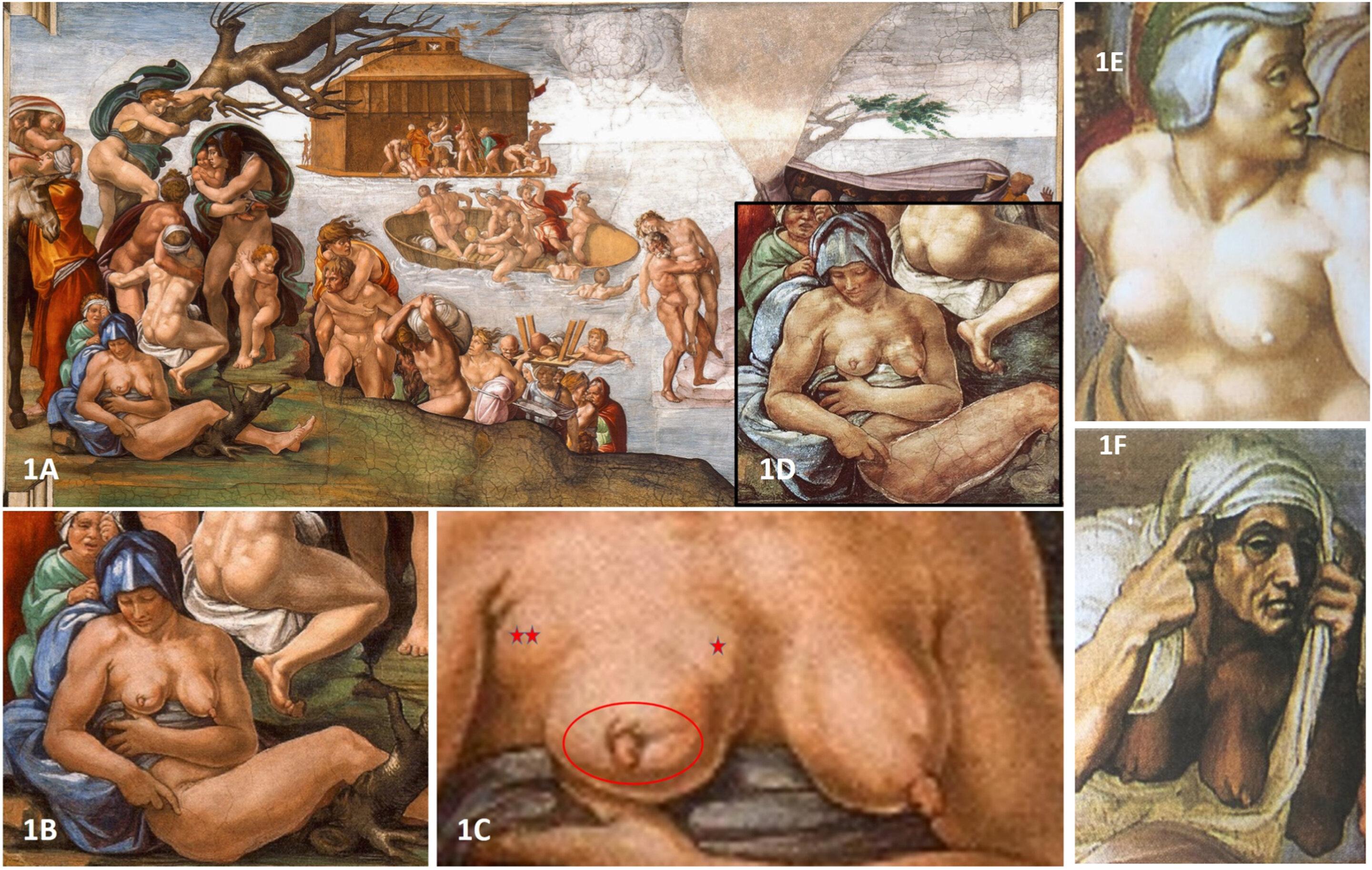Genetic risk factors can be countered by a healthy lifestyle. Women who follow periods are at as much risk for breast cancer as the general population.

Predisposition does not play into the game of cancer. Even with family or genetic risk factors, women can work to prevent a breast tumor. This is what a study published in the JAMA Oncology. Led by the School of Public Health at Johns-Hopkins University (Baltimore, Maryland, United States), it recalls that all mutations do not have the same influence as BRCA1 or BRCA2, brought to the fore. by Angelina Jolie.
Countering the role of genes
17,000 women with breast cancer, 20,000 healthy women and 6,000 national survey participants took part in the study. A total of 100 common genetic variations moderately associated with breast cancer were reviewed.
Despite the presence of such a factor, lifestyle intervention appears to be beneficial. Thus, women with a mutation, but of normal weight, who did not drink, smoke or take menopausal hormone therapy had the same risk as that of the general population. This means that at age 30, the probability of developing cancer at age 80 is 11%.
“People think the genetic risk of cancer is set in stone,” said Nilanjan Chatterjee, the study’s last author. You can’t change your genes, but this work shows us that even people at high genetic risk can change their outlook by making better choices. “
More targeted mammograms
In fact, 30% of breast cancer cases could be prevented by acting on modifiable risk factors. At a time when the costs of genetic testing are dropping, this could prove to be invaluable in sorting out the patients who would benefit the most from a regular mammogram. Nilanjan Chatterjee suggests that exams be prescribed in a more targeted manner. But for that to happen, costs will have to fall further and his model will have to be extended to other ethnicities, he admits. It will take several years to achieve this.
While waiting for such a clarification, the researcher insists on the importance of a healthy lifestyle in order to counter family or genetic predispositions. “Everyone must make the necessary efforts to stay healthy, but motivating people is sometimes difficult,” he admits, however.
.

















